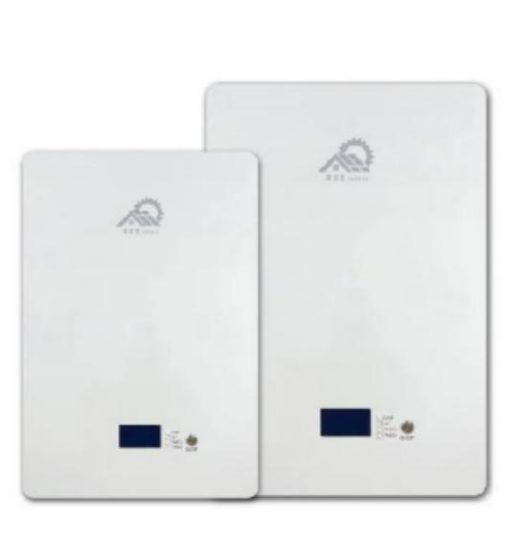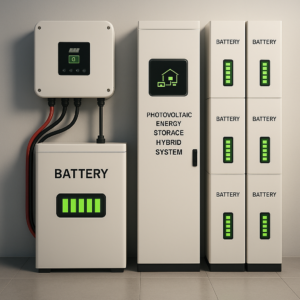Why do I need an energy storage battery for my home's daily electricity use?
by
Why do I need an energy storage battery for my home's daily electricity use?
Frustrated by rising electricity bills and unreliable power? A home energy storage battery could be your solution.
Energy storage batteries let you store solar energy for nighttime use, provide backup power during outages, and reduce reliance on the grid - potentially cutting electricity costs by 50-90%.
Transition Paragraph:
Understanding these benefits is just the beginning. Let's explore how wall-mounted batteries function during outages, ideal installation spots, and potential savings.
Can wall mounted storage batteries automatically supply power during a power outage?
Worried about being left in the dark when the grid fails?
Yes, modern wall-mounted batteries automatically switch to backup power within milliseconds during outages, keeping essential appliances running without interruption through islanding capability.
Dive deeper Paragraph:
How Automatic Backup Works
- Seamless transition via built-in transfer switch
- "Island mode" disconnects from grid while powering your home
- Typically powers circuits for 3-12 hours depending on:
- Battery capacity (5-20kWh models available)
- Number of appliances running
- Whether solar panels are actively charging the battery
Pro Tip: For whole-home backup, pair your battery with a critical loads panel to prioritize refrigerators, medical devices, and lighting.
Where is a wall mounted storage battery suitable for installation (indoor/garage/balcony)?
Concerned about finding the perfect spot for your battery?
Wall-mounted batteries are safest in temperature-controlled indoor spaces (utility rooms, basements) or ventilated garages - avoid direct sunlight/exposure in balconies unless specifically rated for outdoor use.
Dive deeper Paragraph:
Installation Location Guide
| Location | Pros | Cons |
|---|---|---|
| Utility Room | Climate-controlled | Space constraints |
| Garage | Good ventilation | Temperature fluctuations |
| Basement | Stable temperatures | Humidity concerns |
| Balcony | Space saving | Requires weatherproofing |
Key Considerations:
- Must maintain 0-40°C operating temperature
- Requires at least 100mm clearance from walls
- Should be easily accessible for maintenance
- Outdoor units need IP65 waterproof rating
How much can a solar system with a wall mounted storage battery save on my electricity bill?
Tired of unpredictable energy bills draining your budget?
Homeowners typically save 50-90% on electricity bills with solar+battery systems, with payback periods of 5-10 years depending on system size, energy usage, and local utility rates.
Dive deeper Paragraph:
Savings Breakdown by Usage
-
Time-of-Use Optimization:
- Charge battery during off-peak ($0.10/kWh)
- Discharge during peak ($0.30-$0.50/kWh)
-
Solar Self-Consumption:
- Use stored solar energy at night instead of grid power
-
Net Metering Benefits:
- Earn credits for excess solar fed back to grid
| Example Annual Savings: | System Size | Avg. Annual Savings | Payback Period |
|---|---|---|---|
| 5kW solar +10kWh battery | $1,200-$1,800 | 7-9 years | |
| 8kW solar +15kWh battery | $1,800-$2,500 | 5-7 years |
Tip: Use the NREL PVWatts Calculator to estimate your specific savings potential.
Conclusion
Home energy storage batteries provide backup power, maximize solar savings, and increase energy independence - with typical installations paying for themselves within 5-10 years through reduced electricity bills.




